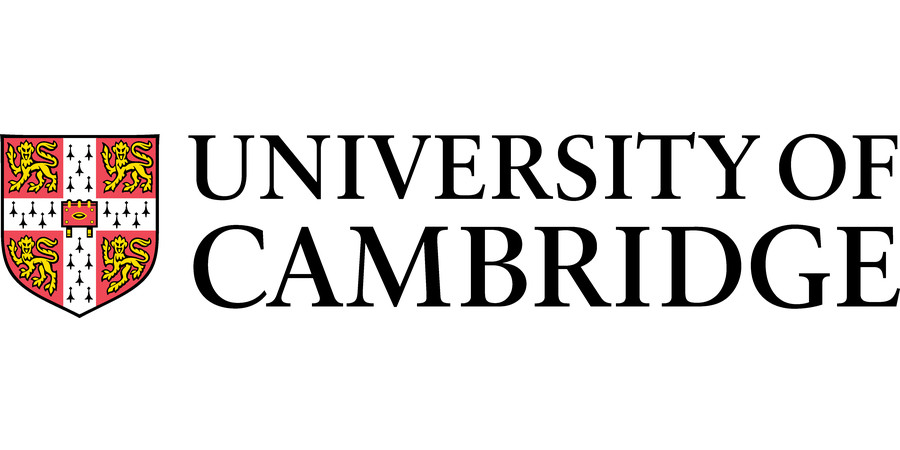PhD Studentship (EPSRC ICASE) - Fusion of Multi-Modal Data in Nonlinear System Modelling by using Machine Learning Techniques
University of Cambridge - Department of Engineering
| Qualification Type: | PhD |
|---|---|
| Location: | Cambridge |
| Funding for: | UK Students |
| Funding amount: | fully-funded (fees and maintenance) for students eligible for Home fees |
| Hours: | Full Time |
| Placed On: | 2nd December 2024 |
|---|---|
| Closes: | 31st January 2025 |
| Reference: | NM44231 |
This exciting project will focus on addressing two fundamental challenges in physics-enhanced machine learning strategies for Digital Twins development: (i) develop Machine Learning models that can be trained with multi-modal data, i.e. simulation and measurement data that embody different fidelities and uncertainties. (ii) account for non-linearities that are common in many engineering systems.
During this project you will carry out dynamic tests on a laboratory setup in a newly created integrated laboratory space, process data and develop advanced physics-enhanced machine learning techniques for the effective combination of simulated and real-world sensor data, especially in handling non-linear dynamical systems. Moreover, you will interact with a team based at Siemens Digital Industry Software with regular meetings and via a three-month visiting period.
You will present the outcomes of your work at international conference, and will be part of the Data, Vibration and Uncertainty group: DVU Group. The DVU group is a creative, positive and stimulating research group. We nurture your talent with 1-2-1 weekly or fortnightly meetings, regular fortnightly group meetings, quarterly review group meetings and dedicated technical and soft skills training opportunities. We celebrate diversity, success, and most importantly, we openly chat about setbacks and learn from things that inevitably do not go as planned. We provide flexible working patterns and direct access to a network of international collaborators. We value your time off, your personal space, and your technical contribution.
Applicants should have (or expect to obtain by the start date) at least a good 2.1 degree in an Engineering or related subject. A 1st class honours degree in Engineering, Physics or Mathematics would be preferred.
A good knowledge or experience of: experimental dynamic testing and signal processing and/or of machine learning strategies. Experience with Physics-enhanced machine learning strategies would be an advantage.
EPSRC ICASE studentships are fully-funded (fees and maintenance) for students eligible for Home fees. EU and international students may be considered for a small number of awards at the Home fees rate. Full eligibility criteria can be found via the following link; What is my fee status? | Postgraduate Study
Applications should be submitted through the University of Cambridge Applicant Portal (via the ‘Apply’ button above), with Alice Cicirello identified as the potential supervisor. Applications may close early if the position is filled before the advertised date.
Please include a cover letter describing how your research experience and interest would make you a strong candidate for this position.
The University actively supports equality, diversity and inclusion and encourages applications from all sections of society.
Advert information
Type / Role:
Subject Area(s):
Location(s):









